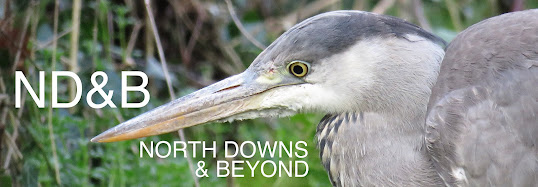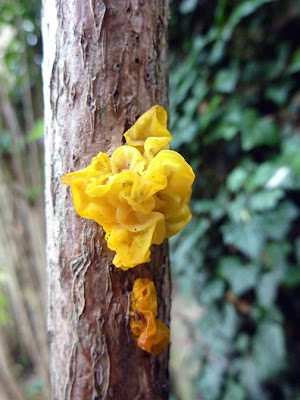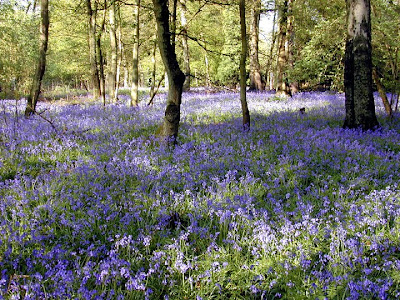Snow joke
Yes folks, the white stuff that our 'northern bloggers' have been telling us about has finally arrived amongst the pearly king and queens, Barbara Windsor and the Krays. Even the posh people sitting in their Barbour jackets had to put down their frappacino's to stare in amazement as flakes of whiteness, known locally as the 'northern ague', started to settle on the gold-paved streets. The 1cm deep drifts stopped traffic in its tracks, reminding us of the terrible winter storm of 2009 when several millimetres of snow ground London's airports to a three-month standstill. I can now reveal that, after several minutes of the worst London winter on record, there are 27 different words in the Cockney language for 'snow'...








